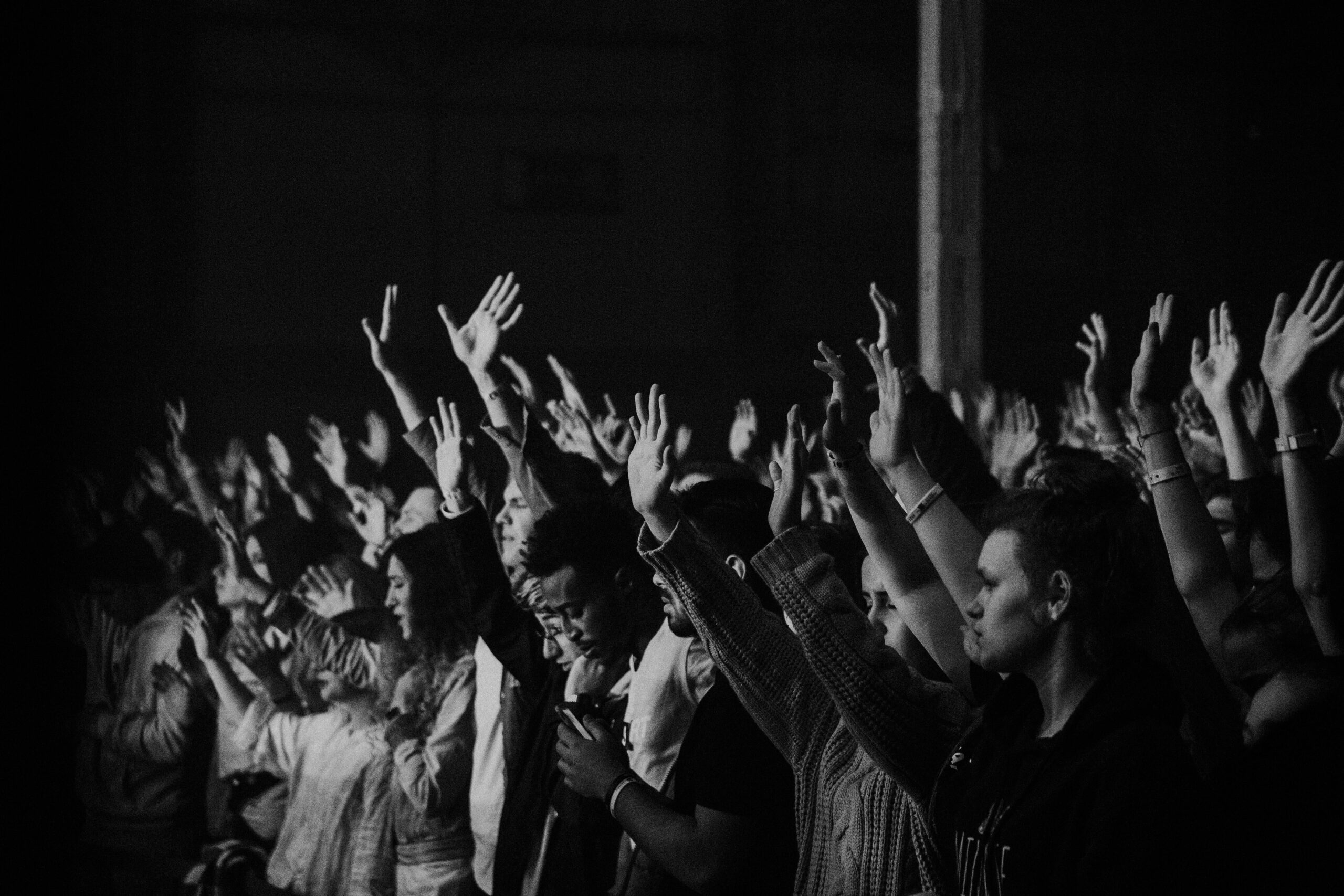There is an appealing, almost romantic, notion of being the outsider. The maverick who isn’t bound by rules or systems or responsibility to anything other than his own whims, instinct, and personal code. Some of our favorite heroes and antiheroes play out these stories to glorious success or stunning failure. Either way, they’re living life on their own terms.
To one degree or another, we all play the role of “outsider” in our lives. Perhaps you don’t subscribe to a political party, or to mainstream thinking, or to a particular social group. Perhaps you’re the family rebel, living very differently from how you were raised. Independent of others, we are able to make our own choices freely, and point out the problems and blindspots of others.
And while there is real benefit to viewing the world from this vantage point, it’s a dangerous place to spend the whole of our lives. Particularly when it comes to our spiritual formation.
Beware the Lone Wolf Life
A solitary life appears simple, straight forward, and relatively clean – unencumbered by the difficulties that come when dealing with other people, systems, and structures. But when we investigate further, the lone wolf life creates more problems than it solves.
Take a moment to think of an outsider you know. What are they missing as a direct result of their being apart from community? Chances are, they are demonstrating some (or all) of the following symptoms:
Arrogance:I have lots of strong opinions, think very highly of myself, and hold others in contempt.
Blindness: I don’t see my own shortcomings, which are obvious to others, and dismiss any feedback which isn’t glowingly positive.
Ineffectiveness: I am not experiencing a full life, and can only trust/depend on myself or a select few.
Loneliness: I sense something is missing, and direct that pain and frustration towards myself and others.
By ourselves, we reinforce our worst impulses, while telling ourselves we are wisely avoiding the messy business of being in community with others.
How do these symptoms show up in your life? If/when they do, how do you address them?
You may have guessed from our name – Unravel Groups – but we’re convinced that healthy, sustainable life happens together. But more specifically, there is something singular that occurs when we get involved in a spiritual community.
But let’s be honest: don’t churches just make a bad situation worse?
The Rewards of a Spiritual Community
Yes, people are a mess. We are broken, imperfect, inconvenient creatures who can create havoc when left to our own devices. And yet, when we come together in spiritual circles, we strive to aim at the best things and our best selves.
“One thing the New Testament makes clear is that the Church is supposed to be known for its love,” writes pastor and author Francis Chan in his book Letters to the Church. “Jesus says our love for one another is the very thing that will attract the world.” A healthy spiritual community invites us to expand our love beyond ourselves, to include God and others. Its audacious promise is that together, a bunch of outsiders are united and transformed by their love.
You may want to do life alone. You may not want to associate with people who don’t meet your personal moral standard. Even if you are currently involved in a church community, you may likely have a running list of the things and people you are less than enthusiastic about. It can be messy and frustrating to live alongside fellow broken, imperfect, biased people such as ourselves. And yet, it also creates space for grace, humility, understanding, trust, growth, and transformation.
A spiritual community offers infinitely more than circling our wagons or living as a lone wolf. It invites us to put our egos and preferences aside for a greater aim, a greater purpose, a deeper calling than we could ever realize on our own.


